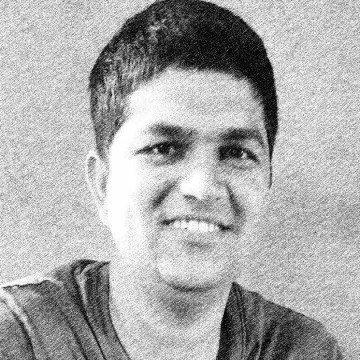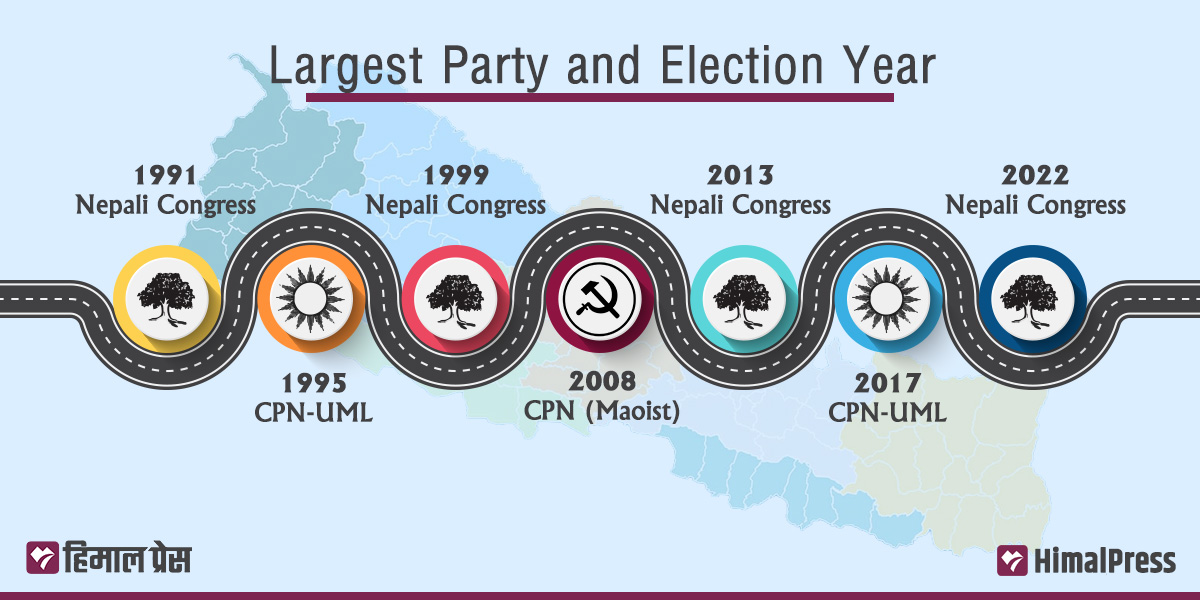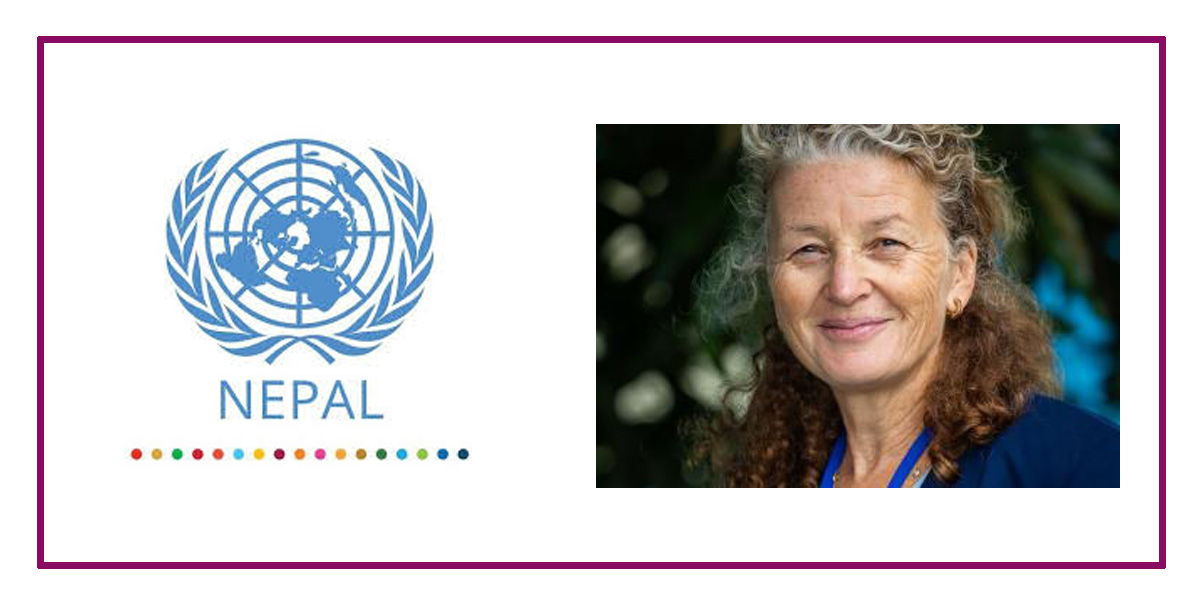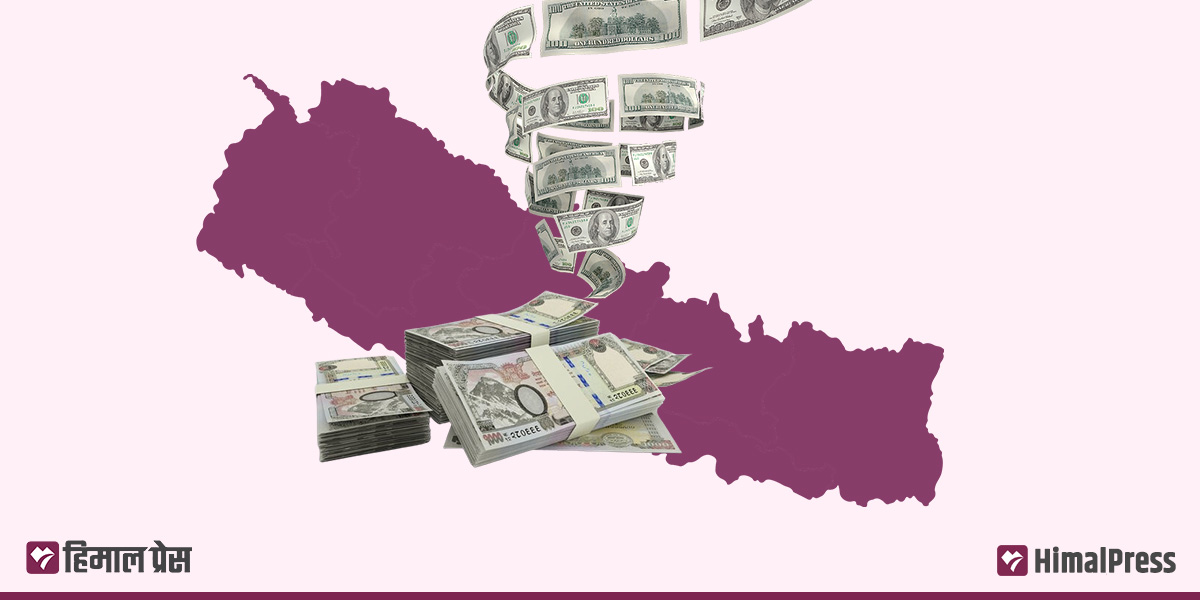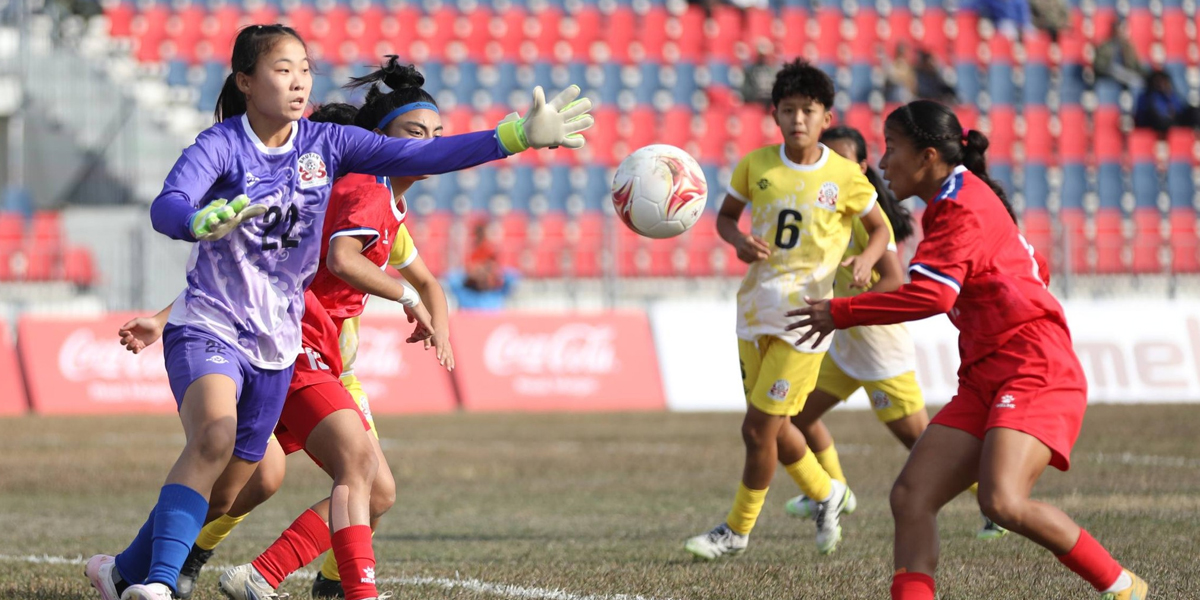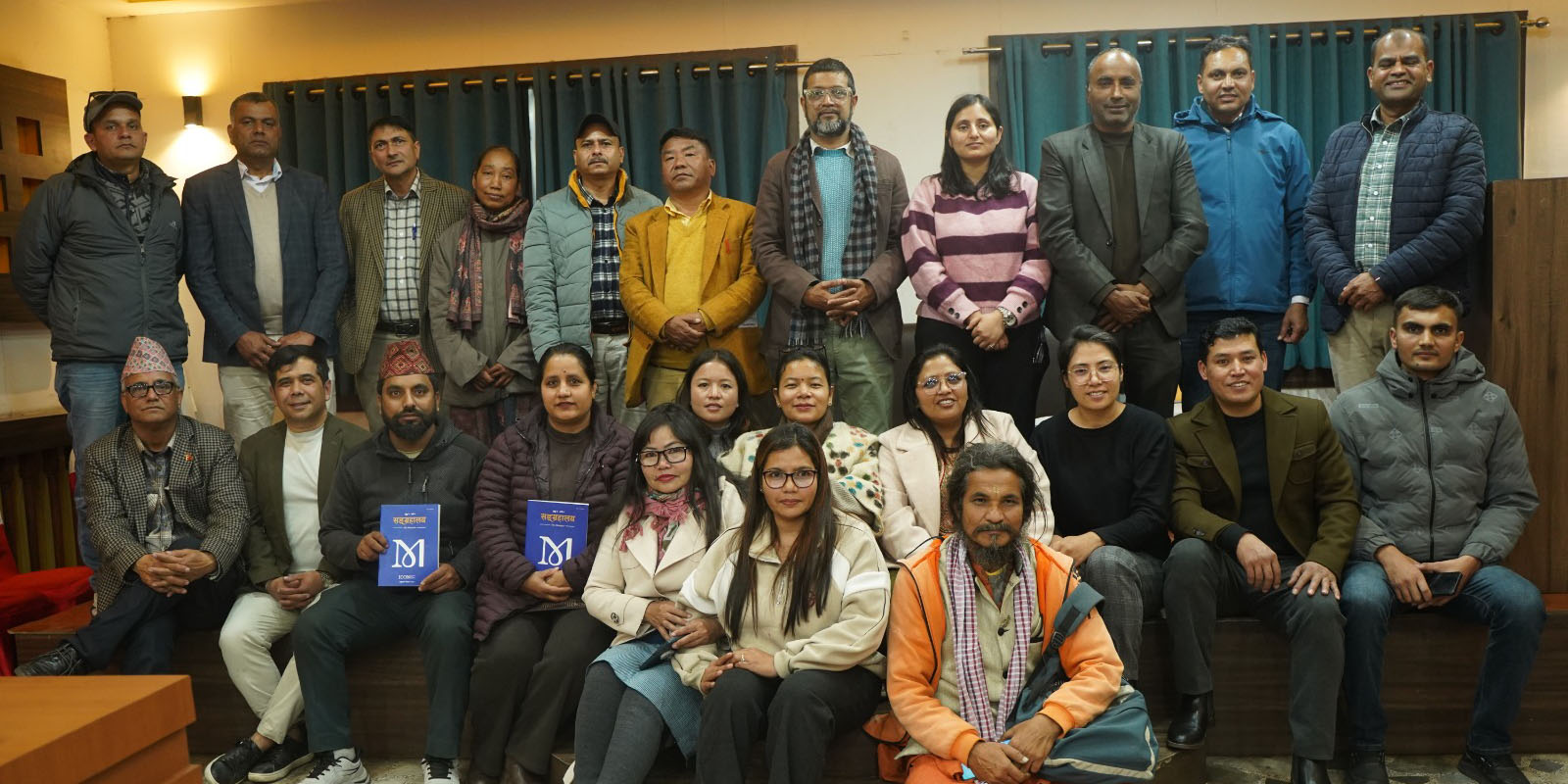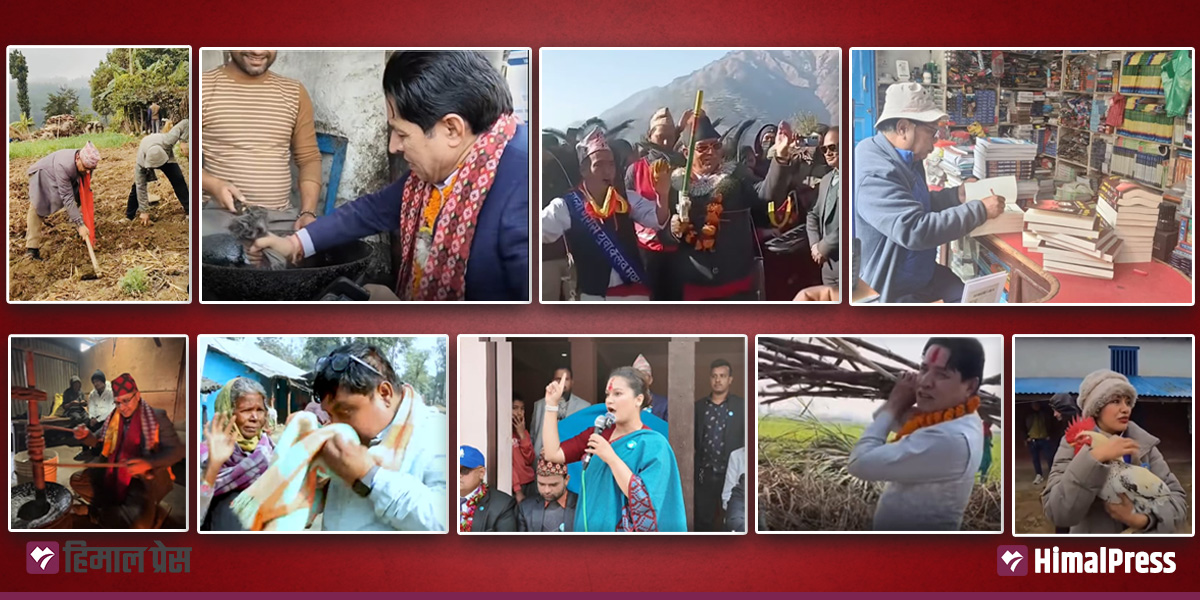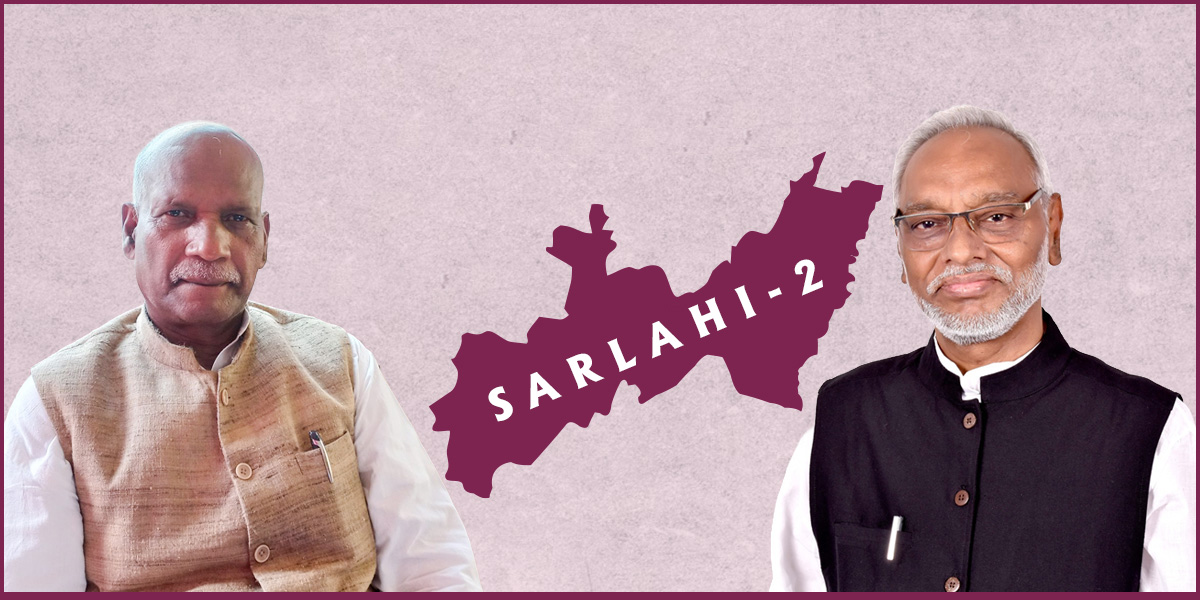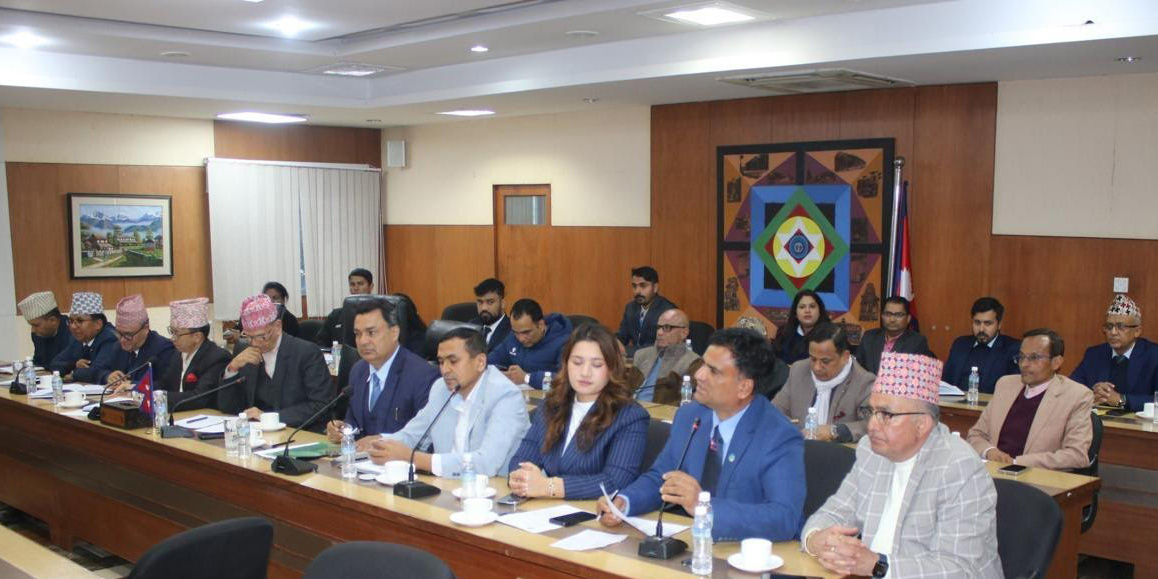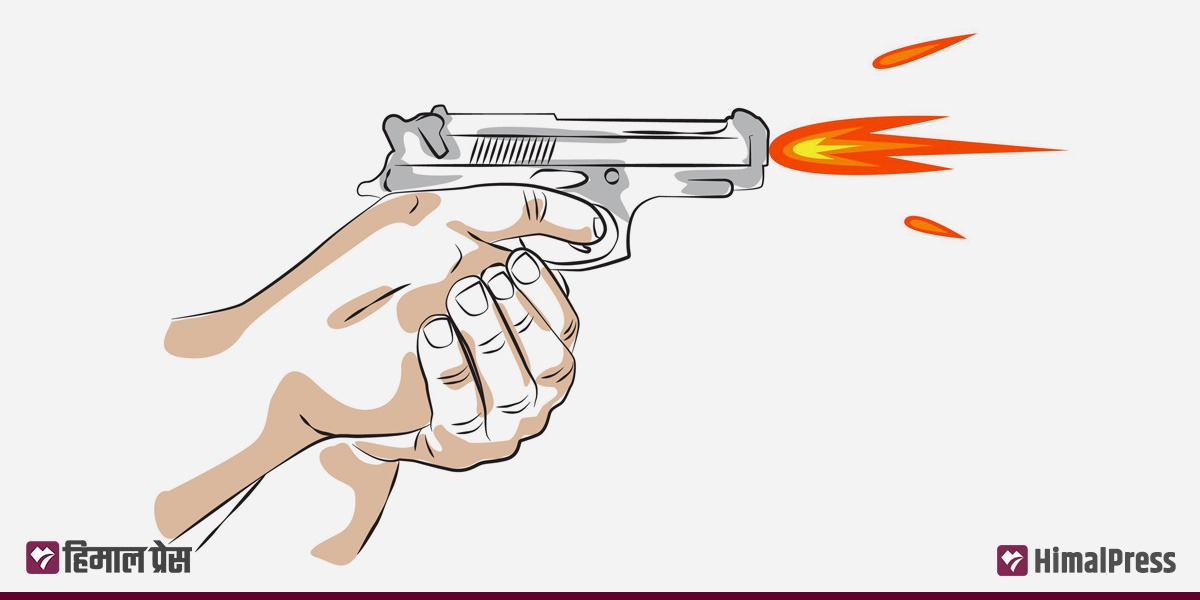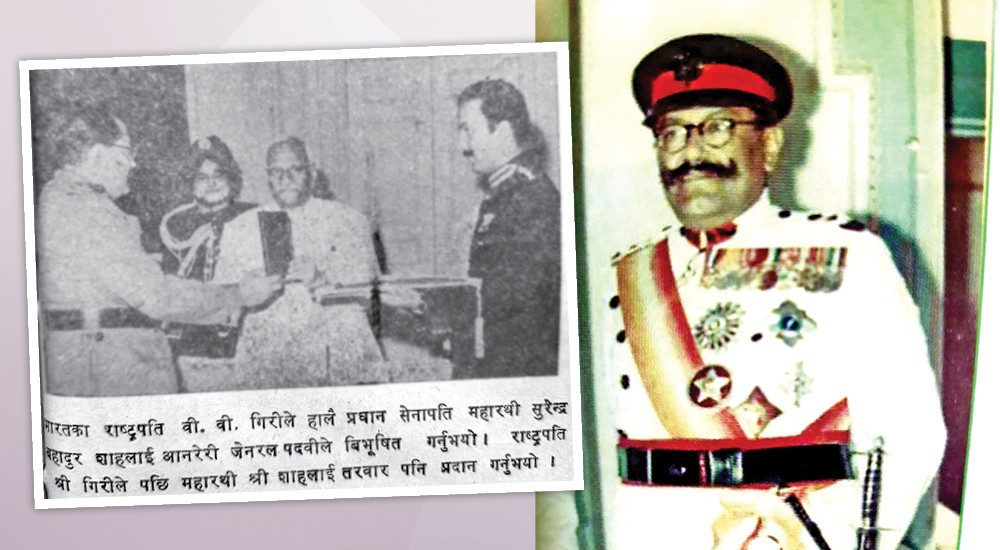
Chief of Army Staff of the Indian Army was conferred with the honorary rank of General of Nepal Army at an investiture ceremony held at the Office of the President on Monday.
This is Pande’s first visit to Nepal since his appointment as the chief of the Indian Army on April 18. His predecessor Manoj Mukund Naravane had visited Nepal on November 4-6 to receive the honorary rank.
Likewise, the Chief of Army Staff of Nepal Army visited India on November 9-12 during which he was conferred with the honorary rank of General of the Indian Army.
Nepal and India have a longstanding tradition of honoring each other’s army chiefs with the honorary rank of General. Pande’s Nepal visit was a continuation of the tradition.
The tradition, which started when India was under the British Empire, has been continuing even after India’s independence. When India gained independence in 1947, Nepal was still under the tyrannic Rana rule. Rana Prime Ministers would be the Supreme Commander of the Nepal Army. That is why the British India government used to confer the honorary rank on the Rana Prime Ministers.
After India’s independence in 1947, Rana Prime Ministers Padma Shumsher and Mohan Shumsher received the honorary rank of General of the Indian Army.
The direct Rana rule came to an end in 1951. With the change of political system in Nepal, India conferred the honorary rank of General on King Tribhuvan. Though the Head of State of Nepal accepted the honor, it was not possible for the Head of the State of the Republic of India to receive the honor. Nepal had once offered the honorary rank on British Emperor George VI. Most of the time, the honor was given to the army chief of then British India.
Giving continuity to the tradition, Nepal conferred the honorary rank to the first army chief of independent India, KM Cariappa, in 1952. Three years later, India invited King Mahendra and conferred the honorary rank of the General of Indian Army on him.
After the fall of the Rana regime, the Indian government conferred the honorary rank on the kings of Nepal. Two army chiefs of Nepal appointed after the political change of 1950 – Kaiser Shumsher Rana and Kiran Shumsher Rana – didn’t visit India. Though Toran Shumsher and Nir Shumsher visited India in their capacity as the Chief of Army Staff of the Nepal Army in 1958 and 1964, respectively, they weren’t given the honorary rank.
In 1960, Nepal conferred the honorary rank on independent India’s second army chief KS Thimayya.
Surendra Bahadur Shah, who succeeded Nir Shumsher Rana as the chief of the Nepal Army, visited India for two weeks in 1966. But he had to cut short the visit and return back due to the demise of Indian Prime Minister Lal Babu Shastri.
Shah visited India again in December, 1969, at the invitation of his counterpart Sam Manekshaw. He left for a 10-day India visit on a special aircraft of the Indian Air Force. He was welcomed by General Manekshaw and also given a guard of honor at the Palam airfield of New Delhi. Shah offered tributes at the Gandhi memorial the same day and also attended a dinner hosted by the Indian army chief at Hyderabad House. (Press Statement of the Indian Army dated December 1, 1969).
The next day, General Shah paid courtesy calls on Indian Defence Minister Sardar Swarna Singh and Defence Secretary Harish Chandra Sarin. On the same day, Indian President VV Giri conferred the honorary rank of General of the Indian Army on Shah.
After the Rana and Shah rulers, it was the first occasion that the chief of the Nepal Army was conferred the honorary rank. A luncheon was also hosted in Shah’s honor.
General Shah presented his counterpart General Manekshaw a silver khukuri as a souvenir. (Military News, India Volume 51, December 28, 1969)
Shah stayed in Delhi for two days. He spent the remaining eight days visiting Jammu-Kashmir, Dehradun and Agra, among others, and returned to Nepal on December 11, 1969.

